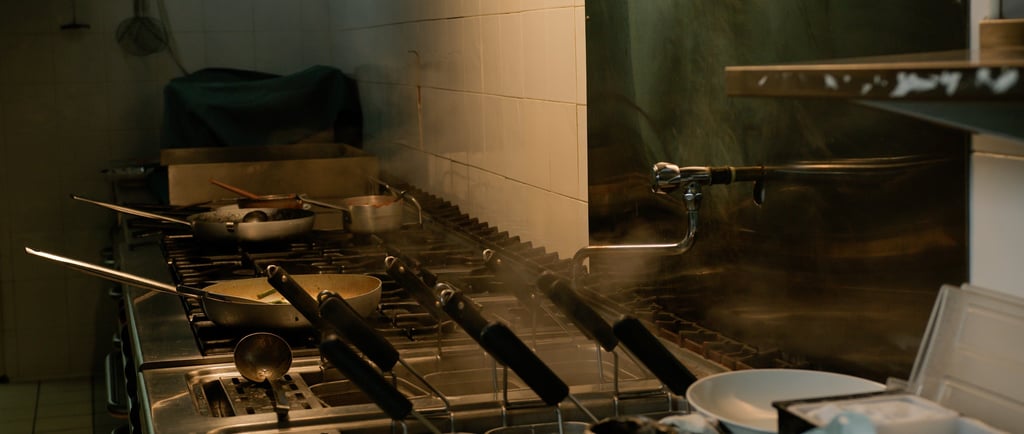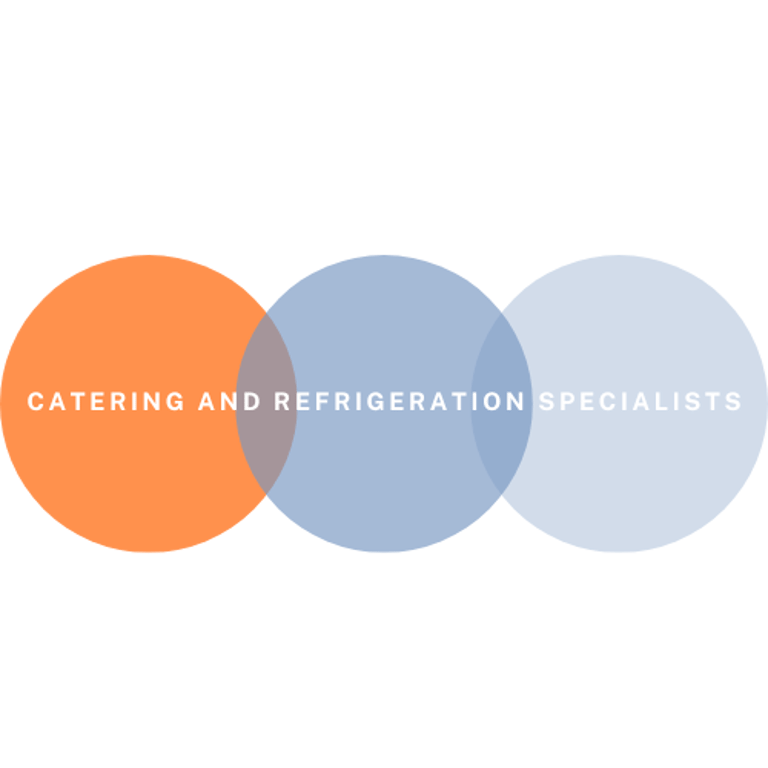We fix/service all catering appliances. Ask about our service plans! 0330 043 3429.
What qualifications does a catering engineer need?
Commercial kitchens are high-pressure environments where timing is everything, and one faulty fryer or broken combi oven can throw a whole service into chaos. That’s where catering engineers come in — the behind-the-scenes professionals who keep the heart of the kitchen beating.
6/24/20253 min read


What qualifications does a catering engineer need? Qualifications, Skills & Real-World Know-How
Commercial kitchens are high-pressure environments where timing is everything, and one faulty fryer or broken combi oven can throw a whole service into chaos. That’s where catering engineers come in — the behind-the-scenes professionals who keep the heart of the kitchen beating.
If you’re practical, safety-conscious, and thrive on solving problems, a career as a catering engineer might be the perfect fit. But what does it actually take to become one? Let’s break it down — from the qualifications and skills you’ll need, to the kinds of places you’ll end up working.
What Is a Catering Engineer?
A catering engineer installs, maintains, and repairs commercial kitchen equipment in restaurants, schools, hotels, care homes, hospitals, and other food service settings. This includes everything from gas cookers and combi ovens to dishwashers, grills, and ventilation systems.
You’ll often work directly with chefs and site managers, responding to call-outs, diagnosing faults, and ensuring everything is compliant with health and safety regulations.
Qualifications You’ll Need
✅ Gas Safe Registration (Commercial Catering Category)
This is absolutely essential if you're working on any gas appliances. To become Gas Safe registered, you’ll need to complete ACS (Accredited Certification Scheme) assessments in the relevant modules such as:
CCC1 – Core Commercial Catering
COMCAT1-5 – For specific appliances like ovens, fryers, grills, and combination ovens
Once certified, you’ll need to register with the Gas Safe Register and renew your qualifications every five years.
✅ City & Guilds or NVQ Level 2 or 3 in Gas Installation or Plumbing
Many catering engineers come from a background in plumbing or general gas installation. A Level 2 or 3 qualification provides the foundational knowledge and hands-on skills to safely work with pressurised systems, pipework, and fittings.
✅ Electrical Safety Awareness
While not always required, many employers prefer catering engineers who understand basic electrical safety. Holding a 17th or 18th Edition Wiring Regulations certificate (BS 7671) is a bonus if you're working on electric combi ovens, dishwashers, or glasswashers.
✅ CSCS Card (Construction Skills Certification Scheme)
If you're working on building sites, in schools, or other regulated premises, a CSCS card may be required to prove your qualifications and health & safety knowledge.
Skills That Make a Great Catering Engineer
Aside from the technical certifications, great catering engineers have a practical mindset and calm approach to problem-solving — especially under pressure. Here’s what else you’ll need:
Mechanical & diagnostic skills – Quickly identify what’s wrong and how to fix it.
Strong communication – Explain issues clearly to non-technical clients like chefs or site managers.
Time management – You might handle multiple call-outs a day, so working efficiently matters.
Attention to detail – Safety is everything. One small mistake on a gas appliance can be catastrophic.
Flexibility – You’ll need to adapt to different kitchen layouts, appliances, and working environments every day.
Where Will You Work?
Catering engineers work anywhere there’s a commercial kitchen. You’ll rarely be stuck in one place — variety is part of the job. Typical environments include:
Restaurants & Pubs – These are often fast-paced, high-pressure jobs where equipment downtime isn’t an option.
Schools & Colleges – Routine maintenance and safety checks, usually in term-time.
Hospitals & Care Homes – Critical environments where safety and hygiene are paramount.
Hotels & Event Venues – Larger kitchens with more complex equipment setups.
Food Production Facilities – Industrial-scale cooking and dishwashing systems.
You’ll likely work a mix of scheduled visits and emergency call-outs — sometimes during unsociable hours.
Is It a Good Career Path?
If you like being hands-on, enjoy variety, and are comfortable working independently, being a catering engineer can be both rewarding and well-paid. As sustainability and energy efficiency become more important, skilled engineers are also in demand to help upgrade kitchens and maintain compliance.
You’re not stuck in a workshop or office — you're out in the field, solving problems in real-time, and helping businesses stay open. That’s meaningful work.
Becoming a catering engineer in the UK isn’t just about qualifications — it’s about attitude, adaptability, and a commitment to doing things properly. If you’re willing to get trained, stay sharp, and keep learning, this career offers a great mix of independence, job security, and practical satisfaction.
Ready to dive in? The kitchen’s waiting
⚙️ Catering RS – Commercial Kitchen Services
Emergency Repairs | Maintenance | Equipment Installation / Serving the South East of England. View our Ts & Cs here.
Catering and Refrigeration Specialists Ltd
122 Lincoln Road
Erith Kent DA8 2DT
Contact details
Call: 0330 043 3429
Email: office@cateringrs.co.uk
